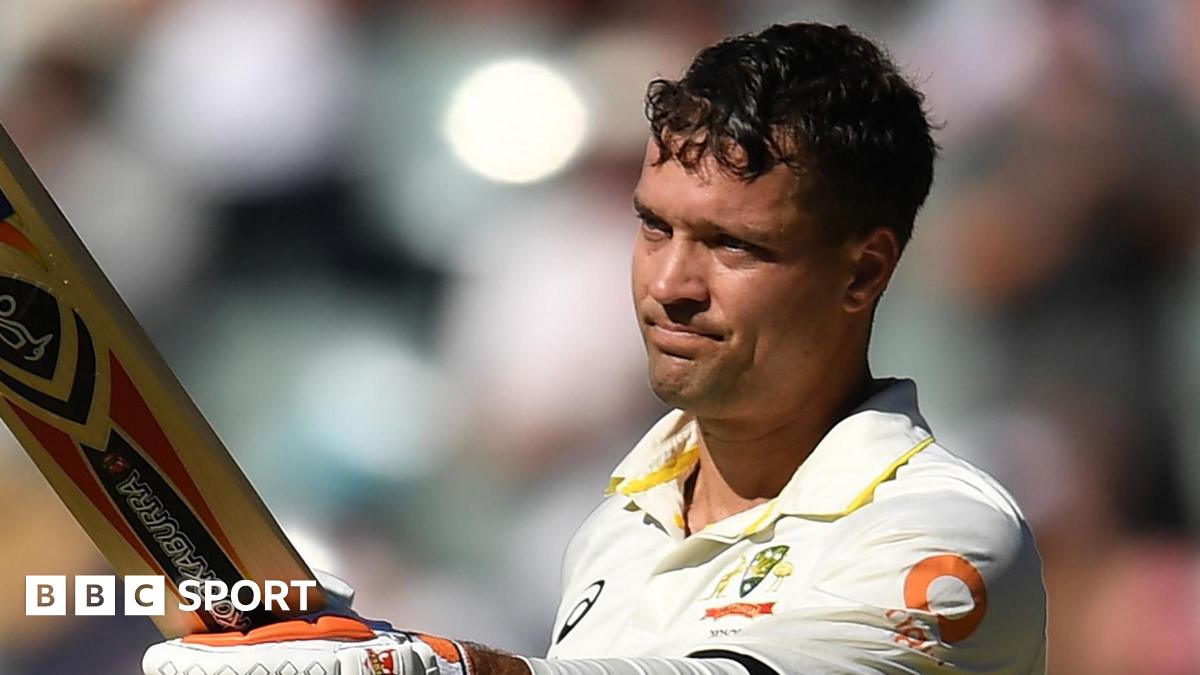The Ashes: ECB to hold talks with ICC after Alex Carey DRS and Snicko error in third Test
England will hold discussions with cricket’s governing body with the aim of improving decision-making technology following a controversial error on the opening day of the third Ashes Test.
Australia wicketkeeper Alex Carey survived a review for caught behind at the Adelaide Oval, only to later admit he edged the delivery bowled by England’s Josh Tongue.
Carey was given not out because the Snicko technology showed a discrepancy between the sound and pictures of the edge.
BBG, the company that provides Snicko, has admitted responsibility for the error.
At the close of play on day one, England head coach Brendon McCullum and team manager Wayne Bentley met with match referee Jeff Crowe.
Crowe confirmed the matter would be reviewed and England had a review reinstated for Australia’s first innings.
The England and Wales Cricket Board will also hold talks with the International Cricket Council (ICC) in an attempt to review and raise standards of the decision review system (DRS).
It is an ICC requirement for DRS to be in operation in all fixtures in the World Test Championship.
However, the ICC does not specify which technology providers should be used. In this instance, the Snicko system used in Australia is different from the Ultraedge employed for Tests in the UK.


